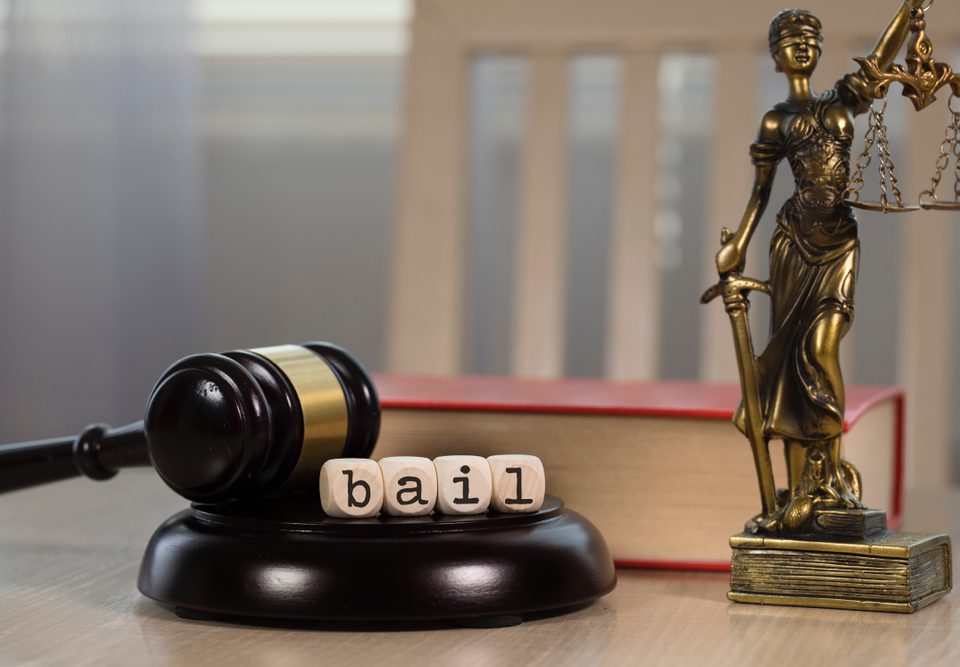- Serving All Utah Jails and Nationwide Jails for over 40 years
Factors in a Judge’s Decision on Bail Amounts, Part 1

Primer on Bounty Hunter Licenses in Utah
March 26, 2019
Factors in a Judge’s Decision on Bail Amount, Part 2
April 30, 2019Factors in a Judge’s Decision on Bail Amounts, Part 1
At Beehive Bail Bonds, we’re proud to assist numerous clients with various bail bond needs throughout the state of Utah. Our dedicated team can help you with all the basic details you might need to know, and can even assist you with recommendations for top defense attorneys for your case or that of a loved one.
One of the common questions we’re asked by our clients about this area: How is my bail amount, or that of my friend or loved one, determined by a judge? There are several factors involved, including both individual considerations and those baked into basic laws. This two-part blog will dig into all these important factors and the weights they may take in your case.
Bail Schedules Based on Severity
The simplest and most straightforward area here is that of bail schedules, which are set by each state in the country and define basic guidelines for bail amounts. As you might expect, bail will generally be significantly higher for felonies than misdemeanors, and there may be specific weight given to certain types of crimes.
For instance, not all felonies are considered equal. Some may carry significant jail terms, but may not present the kinds of risks that a judge looks for when determining bail (we’ll go over a couple of these risk areas in a moment).
Public Safety
One of the top factors a judge uses to determine which crimes are more severe and present greater risks than others? The safety of the general public were the person who committed the crime to be released.
Consider, for instance, cases of domestic violence or assault. The person charged with these crimes will generally be considered a significantly larger danger to individuals and society than, say, someone who committed financial crimes or got too many parking tickets. The same goes for those who resist arrest, for instance, compared to people who are cooperative with arresting officers. Finally, anyone with mental health issues who may be a danger to themselves or others may be given a higher bail to incentivize them remaining in jail.
Flight Risk
Another major factor that the judge will consider when setting bail is the risk the person accused of the crime is for fleeing if released. The judge will look at areas like connection to the community, whether the person is employed, how long they’ve lived in the area, the financial capability they would have if they chose to flee, their mental capacity and a few others. They’ll also place strong wright on the circumstances of the arrest – if someone has a passport and travel documents with them at time of arrest, bail will often be set higher because this person is an assumed flight risk.
For more on the factors a judge assesses when determining bail, or to learn about any of our bail bondsman services, speak to the staff at Beehive Bail Bonds today.




